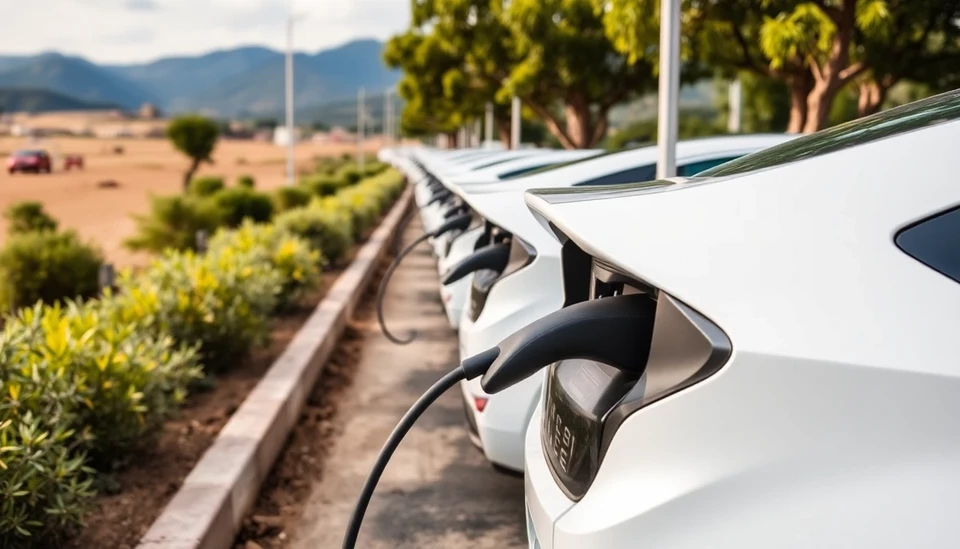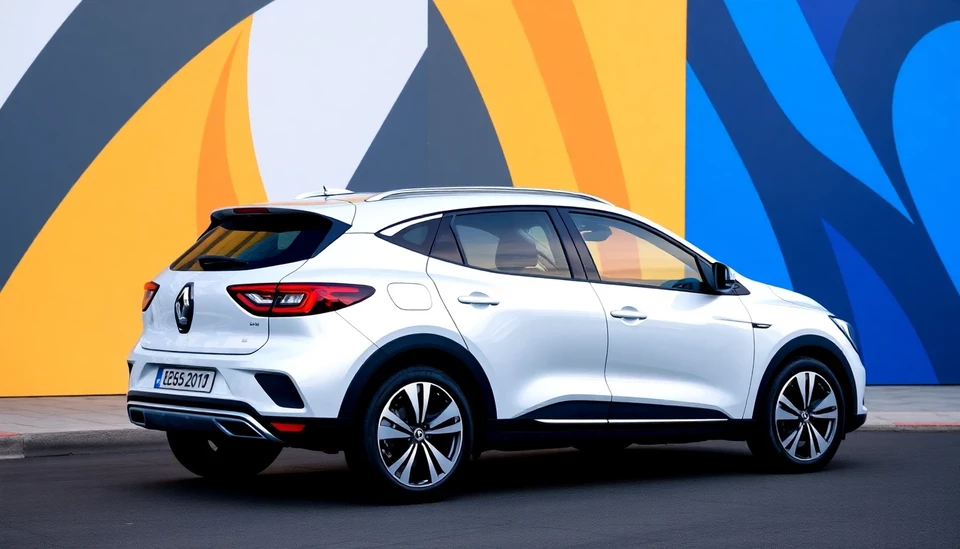
In a strategic move that could reshape the landscape of the electric vehicle (EV) industry in South Africa, the government is contemplating significant tax incentives aimed at attracting Chinese investments. This potential stimulus comes at a time when the global push for green energy and sustainable transportation is intensifying, making the African nation a prospective hub for EV production.
According to recent reports, the South African government is exploring the introduction of an EV tax break that could not only incentivize local manufacturers but also entice foreign players, particularly from China. With the country boasting abundant resources essential for battery manufacturing, including lithium and cobalt, South Africa is uniquely positioned to become an essential link in the EV supply chain.
This initiative aligns with South Africa's broader economic ambitions, aiming to harness the rapid growth forecasted for the global EV market, which is expected to exceed $27 billion within the next few years. Analysts believe that by offering such tax incentives, South Africa could significantly boost its attractiveness as a manufacturing destination, filling the gaps in global production lines and meeting the increasing demand for EVs.
China, already a predominant player in the EV sector, could find the proposed tax breaks particularly appealing. Chinese brands, which dominate the global market, are continuously searching for new opportunities to expand their manufacturing footprint. Establishing production facilities in South Africa could serve as a strategic move, addressing both market accessibility across Africa and beneficial tariff considerations in international trade.
The South African government's initiative appears to be a proactive response to the looming global trend towards electric mobility. With more countries setting ambitious targets for the transition to electric vehicles, it is crucial for South Africa to position itself favorably in this burgeoning market. By fostering a conducive environment through tax incentives, South Africa hopes to not only draw in investment from foreign companies but also stimulate local innovation and job creation.
Moreover, this initiative could signal a potential shift in the dynamics of global EV production, as more entities might seek to establish operations in emerging markets. South Africa's rich mineral resources could indeed provide a significant advantage in the ever-evolving industry, potentially attracting other stakeholders and investors beyond the Chinese territory.
The discussions surrounding the EV tax break are still in preliminary stages and would require extensive detailing and consultations with various stakeholders, including industry players and financial analysts, before any formal proposals can be established. However, the mere idea of such incentives has sparked interest and optimism within the local business community, with many believing that this could be a game changer for South Africa's automotive sector.
In conclusion, as South Africa contemplates this potential tax break for electric vehicles, the implications of such a move could not only enhance the country's manufacturing landscape but also solidify its position as a key player in the global transition to electric mobility. As the narrative of sustainable energy continues to gain traction, the eyes of the world may soon turn towards South Africa as a pivotal location for electric vehicle production.
#ElectricVehicles #SouthAfrica #ChinaInvestment #EVTaxBreak #SustainableTransportation #GreenEnergy
Author: Sophie Bennett




